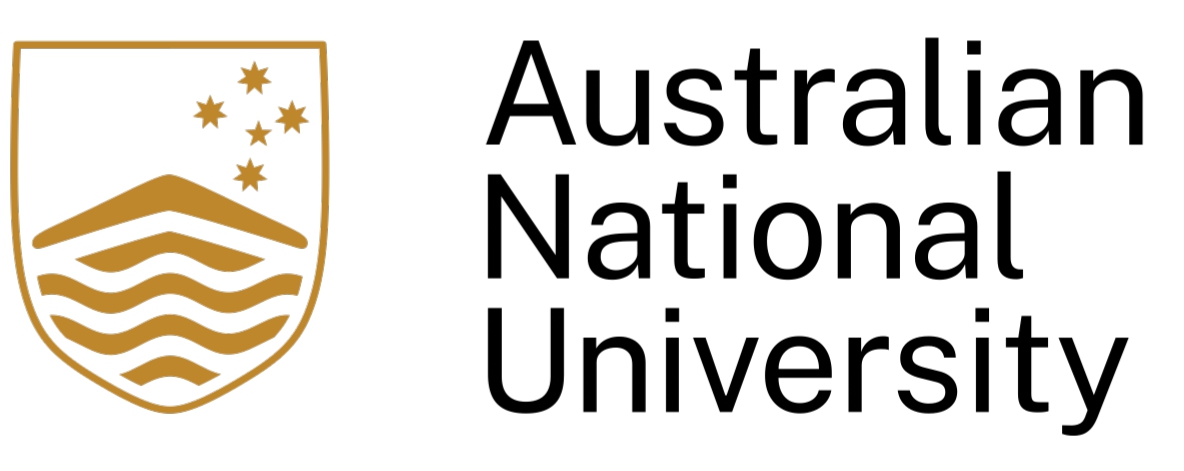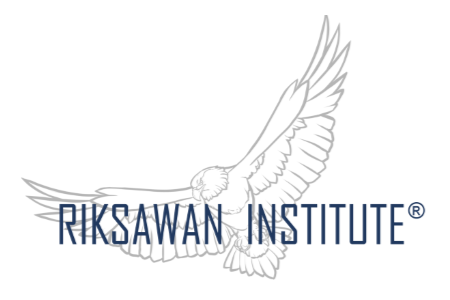Effect of Peer Tutoring On The Mathematics Performance of Grade 5 Learners In A Public Elementary School
Abstract
This study looked into the effect of peer tutoring technique on the mathematics performance of Grade V learners in a public central elementary school in the schools division of Eastern Samar. This study tried to find out and compare the performance of Grade 5 learners exposed to peer tutoring technique and lecture-discussion strategy. The pretest-posttest quasi experimental method of research was among two groups of heterogeneous Grade V classes, subjected to one-month experimentation. A validated district-made test consisting of forty items multiple-choice test was used as the data instrument. In analyzing the data obtained from the investigation and to test the hypothesis raised prior investigation, a t-test for independent samples was employed. Mean scores were utilized to describe learners' entry knowledge before the intervention and their academic performance after the peer tutoring technique. Standard deviations were used to describe pretest and posttest scores variability. Regarding the difference in the pretest and posttest in both the experimental and comparative group, a t-test for independent samples was employed. Further analyses have illustrated that learners have almost the same mathematics performance on mathematical operations on fractions before administration of the intervention technique. This was supported by p-value lower the level of significance set at 0.5. After utilizing two varying techniques to the two groups of learners, posttest means scores revealed that there had been a significant difference in the mean scores of learners in favor of the experimental group of learners who were taught using the intervention technique. This finding was statistically supported by a p-value greater than the level of significance. From all the analyses conducted, findings rejected the hypothesis that there is no significant difference in learning gains of learners in experimental and comparisongroups. The result of the study unveiled that learners exposed to peer tutoring technique noticeably achieved better than exposed to lecture-discussion strategy. Hence, it is suggested that mathematics teachers should regularly use peer tutoring techniques to improve learners' mathematics performance. Further studies in other competencies in mathematics and other disciplines should be conducted to validate the effectiveness of peer tutoring.



.jpg)
.jpg)
.jpg)
.jpg)


.jpg) .
.

.jpg)

.jpg)

.jpg)




